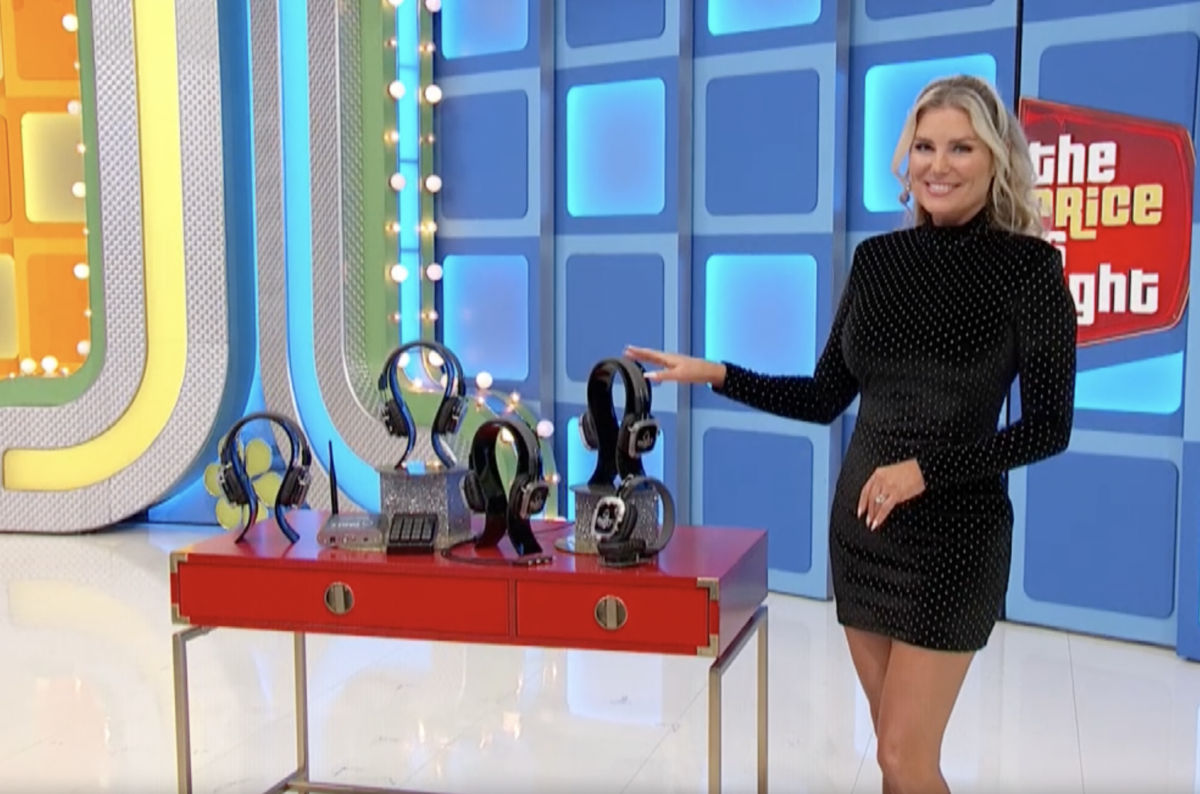
Share this post:
Disclaimer: As an Amazon Associate, we may earn a commission for purchases made from our recommendations.
We, as consumers, are all about the experience these days. Over recent years, brands have consistently come up with innovative ways to customize a consumer’s experience so that it’s unique. So naturally, we expect it now. So much so, that brands have had to shift their marketing strategies to reflect just that. This is what we call Experiential Marketing.
Basically, brands aren’t relying on traditional advertising to catch the eye of potential customers anymore. No, they are going way above and beyond the ads, you see on TV or on the side of the road. They are allowing a consumer to feel, see, and hear a brand come to life!

Experiential marketing is a unique and innovative approach to marketing that focuses on providing customers with unique, interactive, and memorable experiences. There are many different types of experiential marketing, but here are five of the most popular:
The sky is the limit when it comes to how a brand creates an immersive experience for its consumers. Brands could hold a contest, integrate social media tactics, hold an event, gift influencers, and so on.
For your convenience and because we love you so much, check out highlights of some tried and true experiential campaign examples:
Some of these examples might cost big bucks, but man, are they effective.
Experiential marketing is one of the newest and most effective forms of marketing today. It is a technique that focuses on providing a memorable experience to the customer instead of just a simple advertisement. Experiential marketing can be used in a variety of ways, such as events, product demonstrations, or even giving out free samples.
One of the most famous examples of experiential marketing is the “Pepsi Challenge.” In 1975, Pepsi ran a campaign in which people were given a blind taste test of Pepsi and Coke. Pepsi won by a landslide, proving that their product was better than Coke. This campaign was so successful that it is still used today.
Another great example of experiential marketing is the “Coke Zero Challenge.” In this campaign, people were given the opportunity to try Coke Zero for the first time. They could then enter a contest to win a trip to Las Vegas. This campaign was a huge success, resulting in a large increase in sales for Coke Zero.
Experiential marketing is a great way to get customers involved and engaged with your product. It allows them to experience the product firsthand, which can be a powerful tool in convincing them to buy it. If you are looking to create a memorable experience for your customers, then experiential marketing is the way to go.
From the research that has been conducted, as well as the examples that have been shared, it is evident that experiential marketing is an effective way to connect with customers and create an emotional connection. It allows customers to interact with the brand in a personal way, which can result in a deeper connection and a longer-term relationship.
When done correctly, experiential marketing can also generate a lot of word-of-mouth marketing for the brand. Customers are more likely to talk about their positive experiences with a brand than they are to talk about the features of a product. This is because experiential marketing is more about the overall customer experience than it is about the product.
Overall, experiential marketing is an effective way to connect with customers and create an emotional connection. It can generate a lot of word-of-mouth marketing, and it is more about the customer experience than the product.


The Nation's Top Silent Disco & Party Equipment Provider.
We make it dead simple to rent silent disco equipment for your event.
© All rights reserved. Party Headphones™ Silent Disco Company
As an Amazon Associate, we earn commission from qualifying purchases made through our site
Specializing in experiential entertainment rentals and equipment leases in North America.